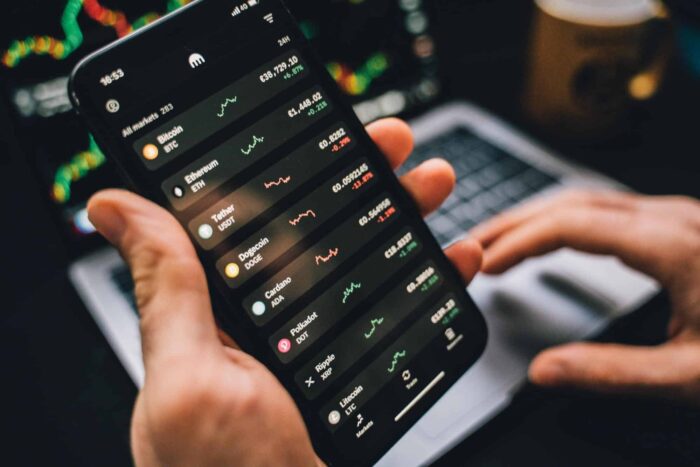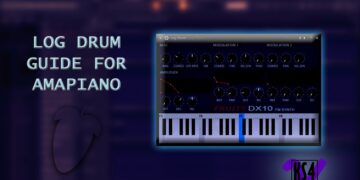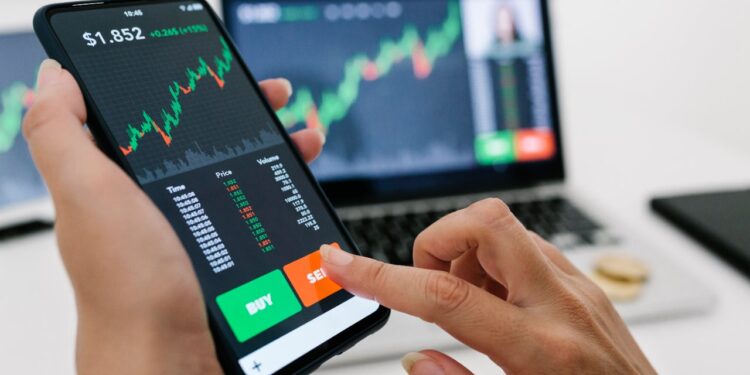Crypto trading apps are a great way to trade cryptocurrencies on the go. They also allow users to store their cryptocurrencies in a secure digital wallet. This can help users control their assets and avoid potential security breaches. However, before you start trading, it is important to choose a good crypto app.

Crypto Trading Fees and Spreads
There are a variety of crypto exchanges available on the market. Each one offers a different range of features and pricing, so it is important to do your research before selecting the best crypto trading app for you. The fees and spreads charged by each platform will vary depending on the type of cryptocurrency you want to trade, as well as how many coins you plan to buy.
Robinhood is a popular trading app for stocks, options, and ETFs. But the app has a new feature for traders who have a penchant for cryptocurrencies: it lets you trade them with no commission. Like other trading apps, it charges a spread markup instead of a direct fee for its crypto trades.
The app is free to download and use, and it is easy to set up and manage a crypto portfolio.
It is compatible with most smartphones and tablets, and it has a wide selection of coins to choose from,
including major coins such as Bitcoin and Ethereum.
Changelly is an online broker that uses its own algorithm to scan major exchanges in real-time, aiming to
get you the best price on your crypto purchases. Its interface is simple and intuitive, making it a great
choice for beginners who are looking to learn how to trade crypto.
Coinbase is our top pick for crypto exchanges and it’s a popular choice for traders of all experience levels. The San Francisco-based company offers a wide range of cryptocurrencies, strong security, and advanced trading capabilities.
Voyager is another specialized crypto exchange that makes it easy to invest your crypto.
You can deposit funds into your account using credit or debit cards, or you can fund your account with a bank transfer. Make sure you check out the fees and commissions that are associated with a particular exchange before opening an account.
Some of the most popular cryptocurrencies include Bitcoin, Ethereum, Ripple, Chainlink, and BitDegree. Other cryptocurrencies that are worth considering include Energi, Numeraire, and Power Ledger.
Liquidity and Trading Volume
In the world of cryptocurrency trading, liquidity and trading volume play a vital role in the overall trading experience. Liquidity refers to the ease with which an asset can be bought or sold without causing significant price movements. Trading volume, on the other hand, represents the total number of shares or contracts traded within a specific period. When choosing a crypto trading app, considering liquidity and trading volume is crucial for several reasons.
Assessing Liquidity:
- Importance of liquidity: High liquidity ensures that there are enough buyers and sellers in the market, reducing the risk of encountering slippage or having difficulty executing trades at desired prices.
- Market depth: Look for apps that provide access to order books and depth charts, allowing you to gauge the liquidity levels of different cryptocurrencies and make informed trading decisions.
Evaluating Trading Volume:
- Efficient order execution: High trading volume indicates active participation in the market, increasing the likelihood of finding counterparties for your trades quickly and executing orders without delays.
- Price stability: Cryptocurrencies with high trading volumes tend to have more stable prices, as large trading volumes help prevent sudden price fluctuations caused by small trades.
Consideration for Scalping and Day Trading
- Scalping opportunities: If you engage in scalping or short-term trading strategies, a trading app with high liquidity and trading volume enables you to enter and exit positions swiftly, capitalizing on small price movements.
- Volatility management: Higher trading volume can provide better opportunities for managing volatile markets, allowing you to place trades at desired prices even during periods of high price volatility.
Demo and Testing
When choosing a crypto trading app, one important factor to consider is whether it offers a demo or testing mode. This feature allows users to practice trading in a simulated environment before risking real funds. Here’s why demo and testing capabilities are essential when selecting a crypto trading app:
Practice and Familiarization:
- Risk-free environment: Demo mode provides a risk-free environment where traders can learn and practice trading strategies without the fear of losing money.
- Platform familiarity: By using the demo mode, users can familiarize themselves with the trading app’s interface, tools, and features, ensuring a smoother transition to live trading.
Strategy Development and Testing:
- Strategy refinement: Demo mode allows traders to refine and test their trading strategies without risking real capital. They can analyze the performance of different approaches and make adjustments as necessary.
- Real-time market conditions: Trading apps with demo modes typically provide access to real-time market data, allowing users to simulate trading in current market conditions.

Risk Management and Confidence Building:
- Risk assessment: Demo mode enables users to assess the potential risks and rewards associated with different trading strategies, helping them make more informed decisions when trading with real funds.
- Building confidence: Practicing in a demo environment helps build confidence in one’s trading abilities and decision-making skills, reducing emotional biases that can impact live trading.
Testing App Features:
- Evaluating functionality: Demo mode allows users to test and evaluate various features of the trading app, such as order placement, charting tools, and risk management options.
- Identifying bugs or issues: By using the demo mode extensively, traders can identify any potential bugs, glitches, or issues with the app’s performance before committing real funds.
When choosing a crypto trading app, look for features such as instant deposit, peer-to-peer trading, fees
and commissions, order books, and support for credit card and other payment methods. You should also review the security and reputation of the app before opening an account.











































